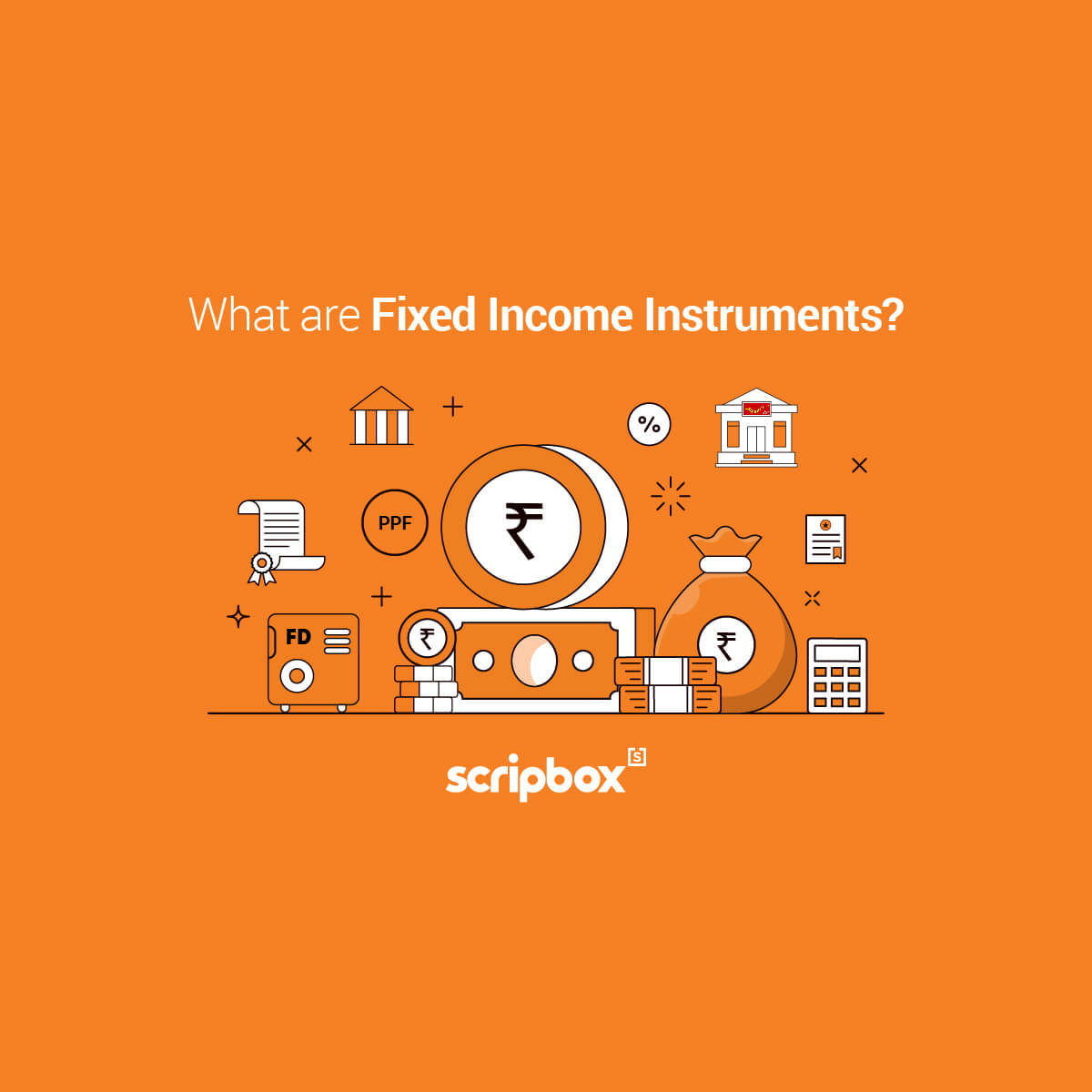
Fixed Income Instruments
What are Fixed Income Instruments? Fixed income instruments or fixed income securities are debt instruments that provide returns in the form of regular or fixed interest payments. Also, there is repayment of the principal amount on the maturity date. Therefore,...
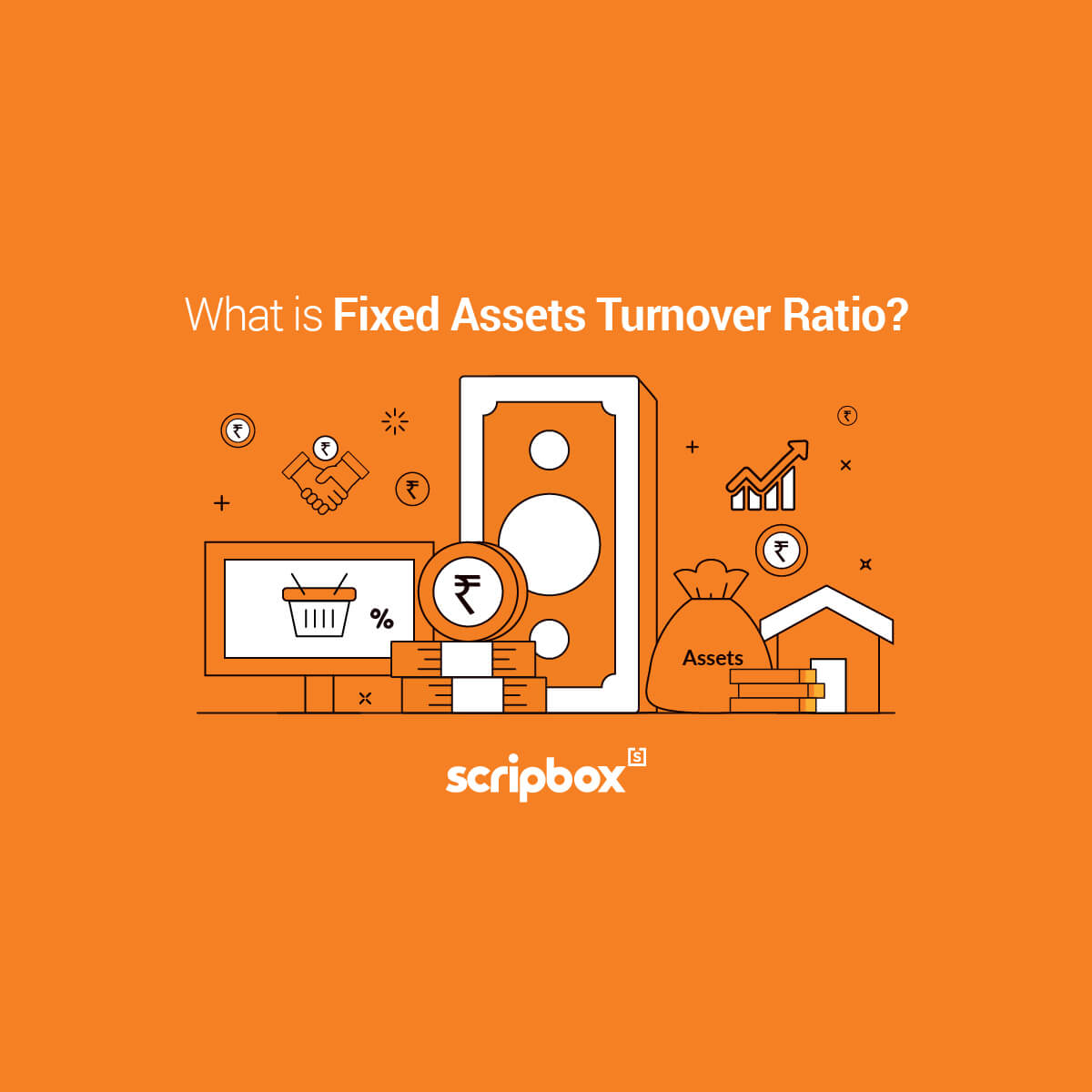
Fixed Asset Turnover Ratio
What is Fixed Asset Turnover Ratio? The fixed asset turnover ratio is an efficiency ratio that compares net sales to fixed assets to determine a company's return on investment in fixed assets. The fixed assets include land, building, furniture, plant,...

Difference Between FDI and FPI
A country needs funds to grow its economy. While approaching domestic sources is one way, approaching international sources is another way. There are two ways a country can get capital through international sources. Namely, Foreign Direct Investment (FDI) and Foreign...
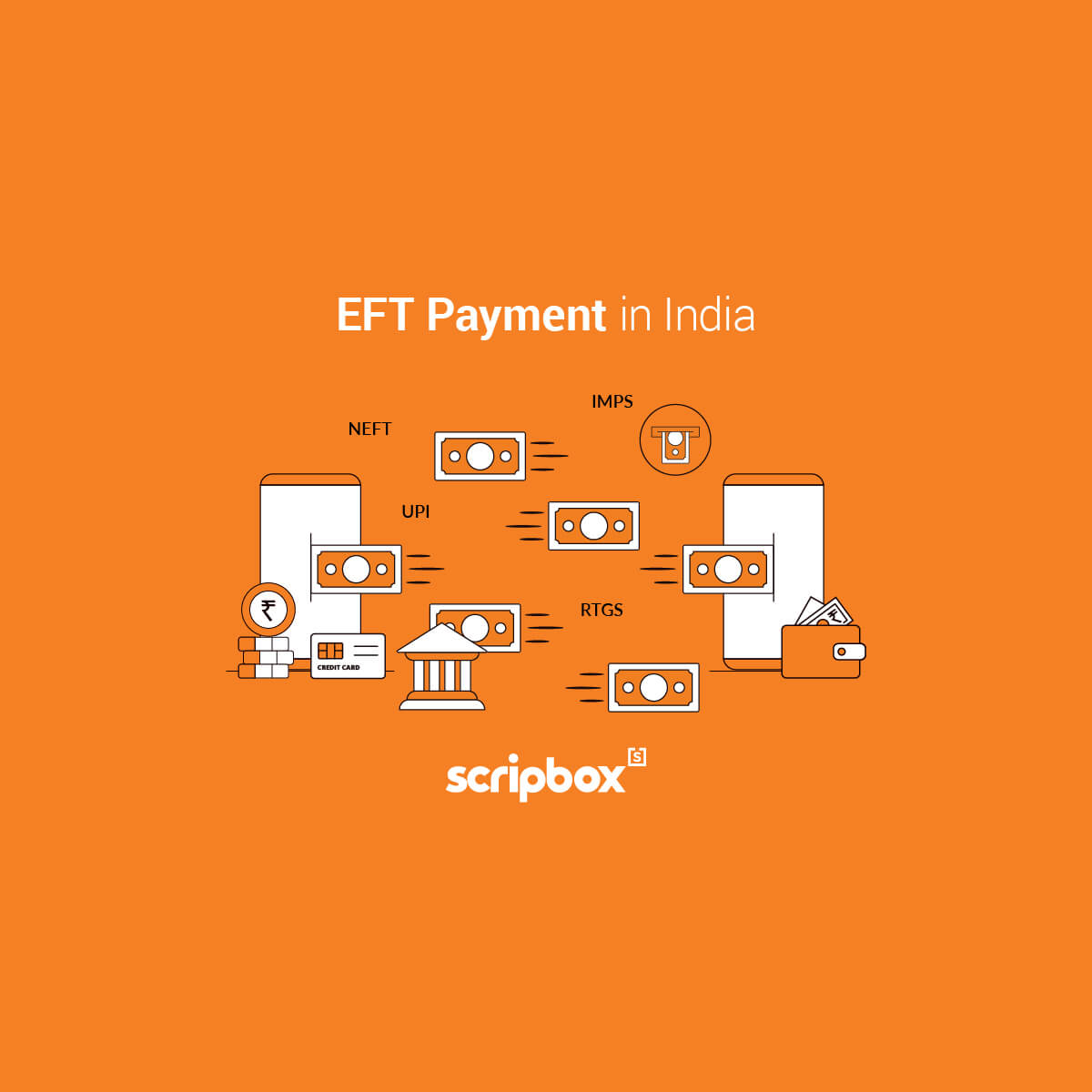
EFT Payment in India
Every transaction starts with someone giving money to another one. In the pre-pandemic times, e-commerce was on the rise. With the COVID-19 outbreak, digital payment adoption has accelerated. It has become the most popular way of transacting today and will...
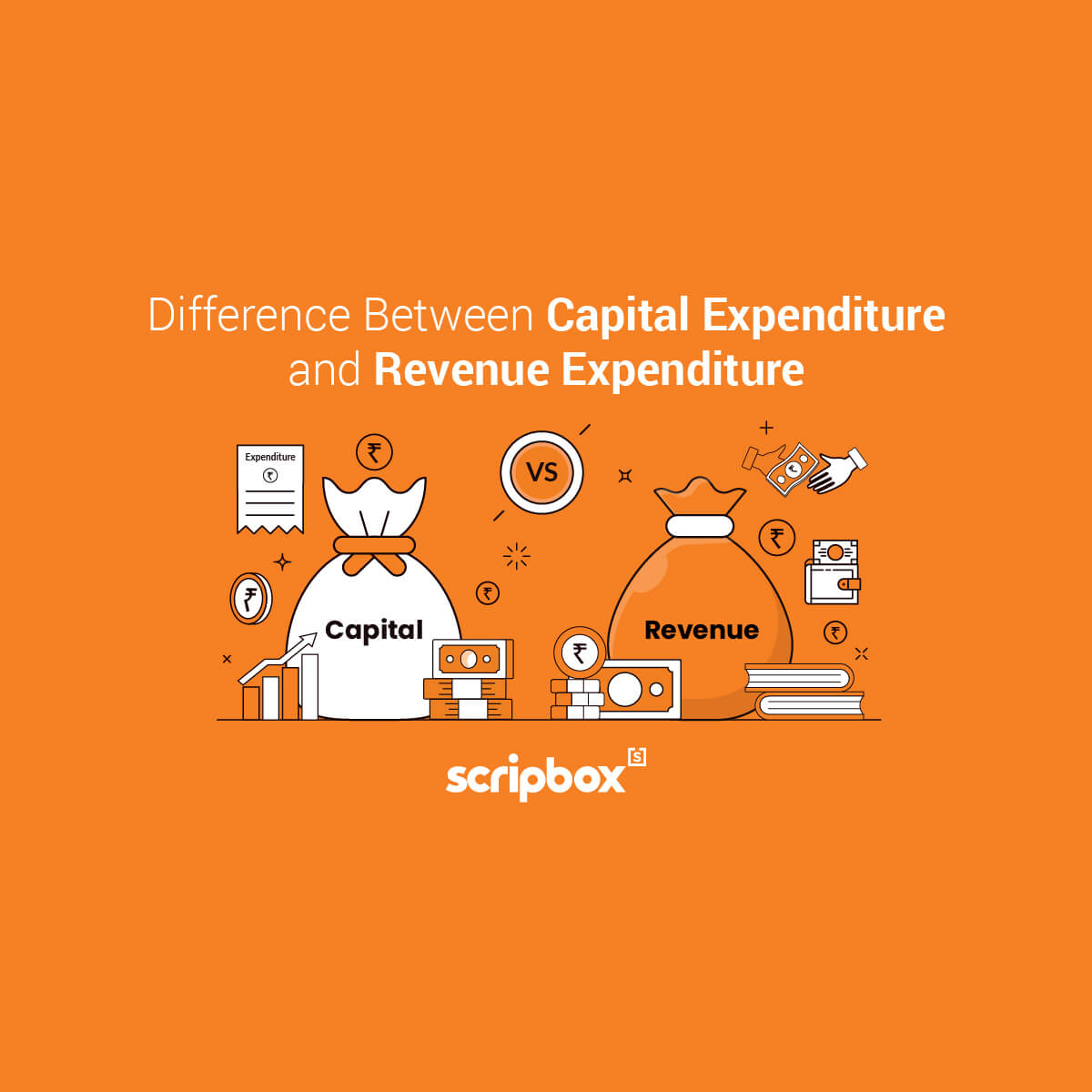
Differences Between Capital Expenditure and Revenue Expenditure
The major difference between capital expenditure and revenue expenditure is that the former is for acquiring and managing fixed assets, while the latter is for managing business operations. What is Capital Expenditure? Capital Expenditure is the company’s fund on fixed...
Practical Insights For Wealth Creation
Our weekly finance newsletter with insights you can use
Your privacy is important to us
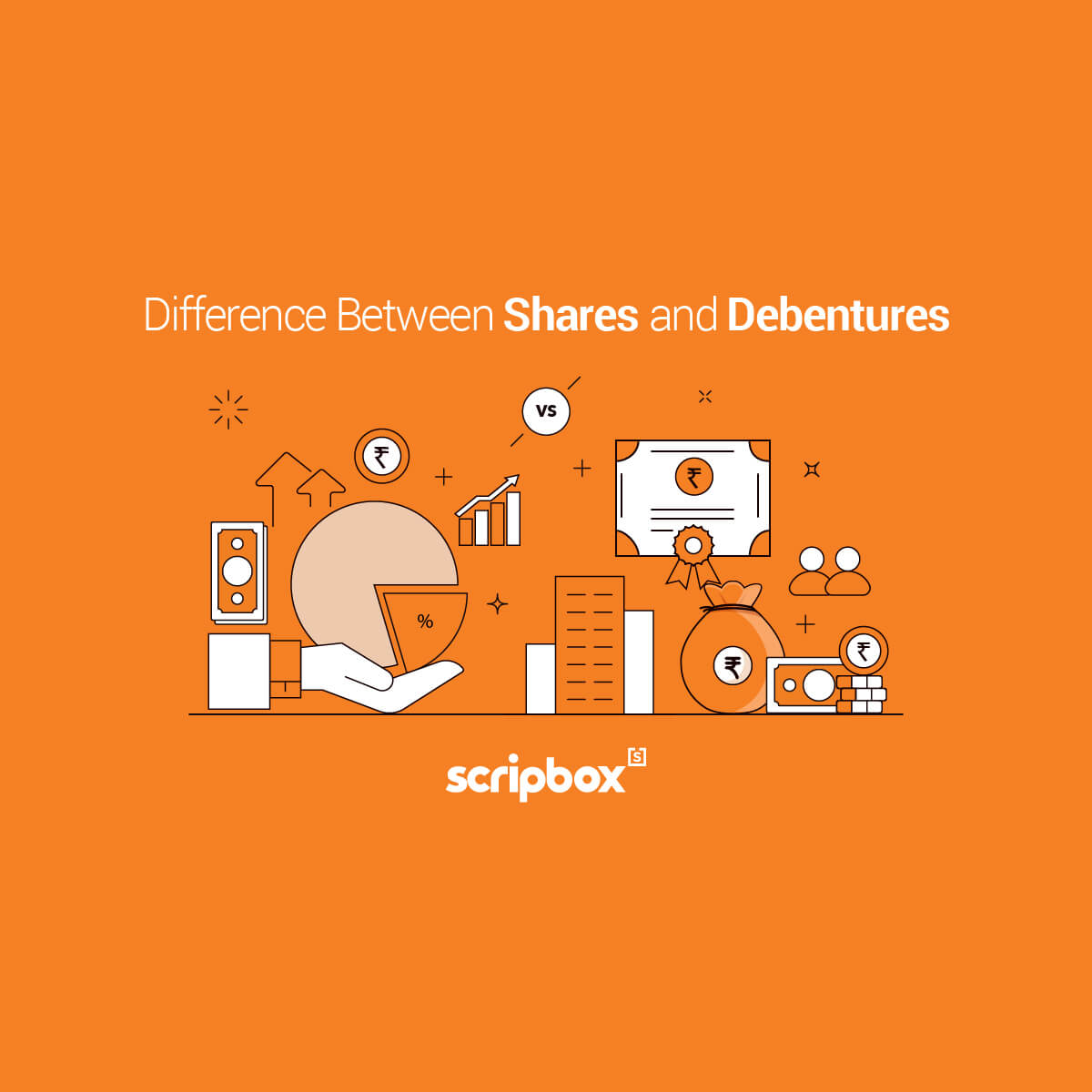
Difference Between Shares and Debentures
There are different ways in which a company, business, legal entity or government can raise capital for different purposes for their operations. In other words, there are distinct forms of capital structure that can be formed by any business based...
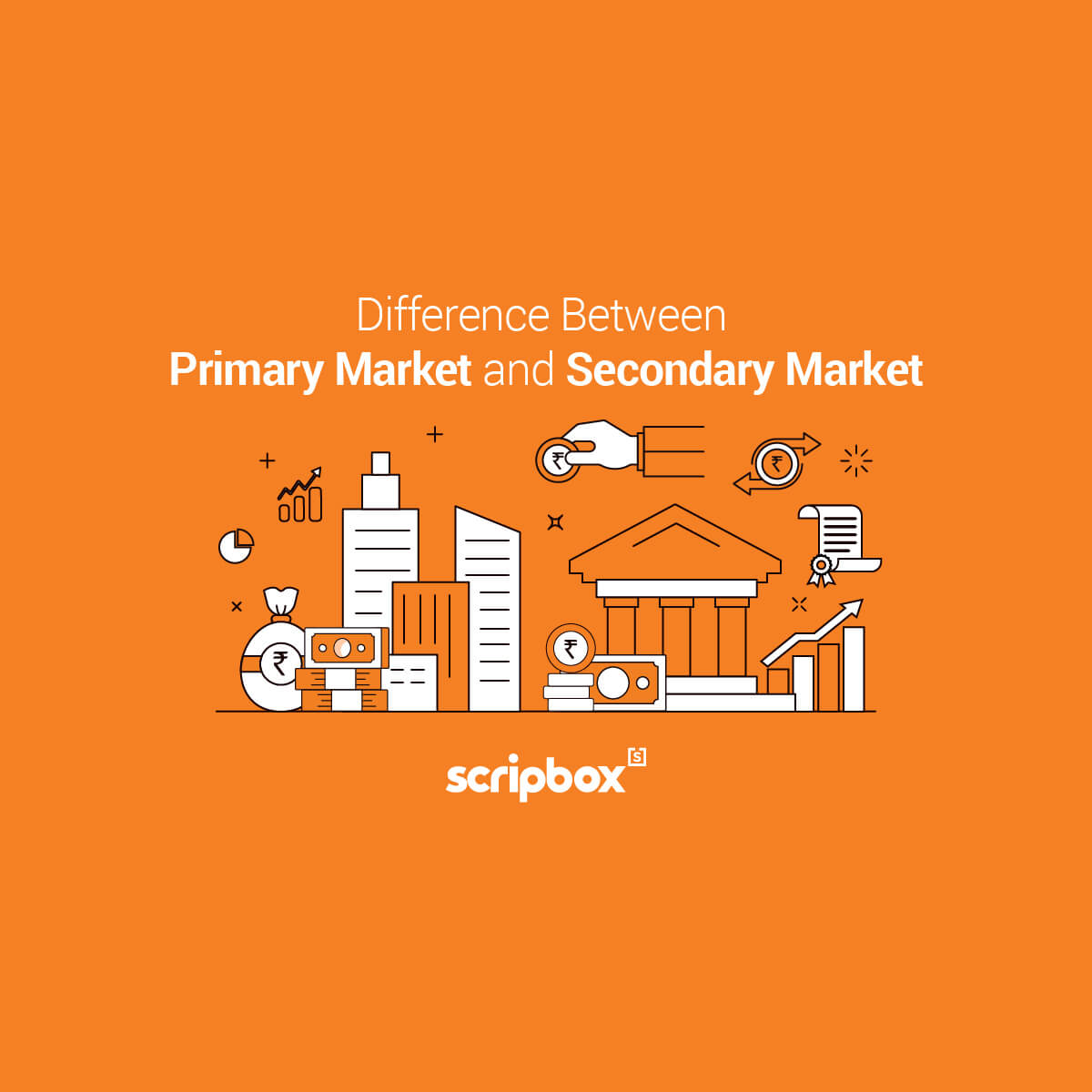
Difference between Primary market and Secondary market
The capital market is a financial system where companies can raise money by issuing shares, bonds, debentures, etc. The primary market is where the securities are created for the first time. While the secondary market is the market dealing in...
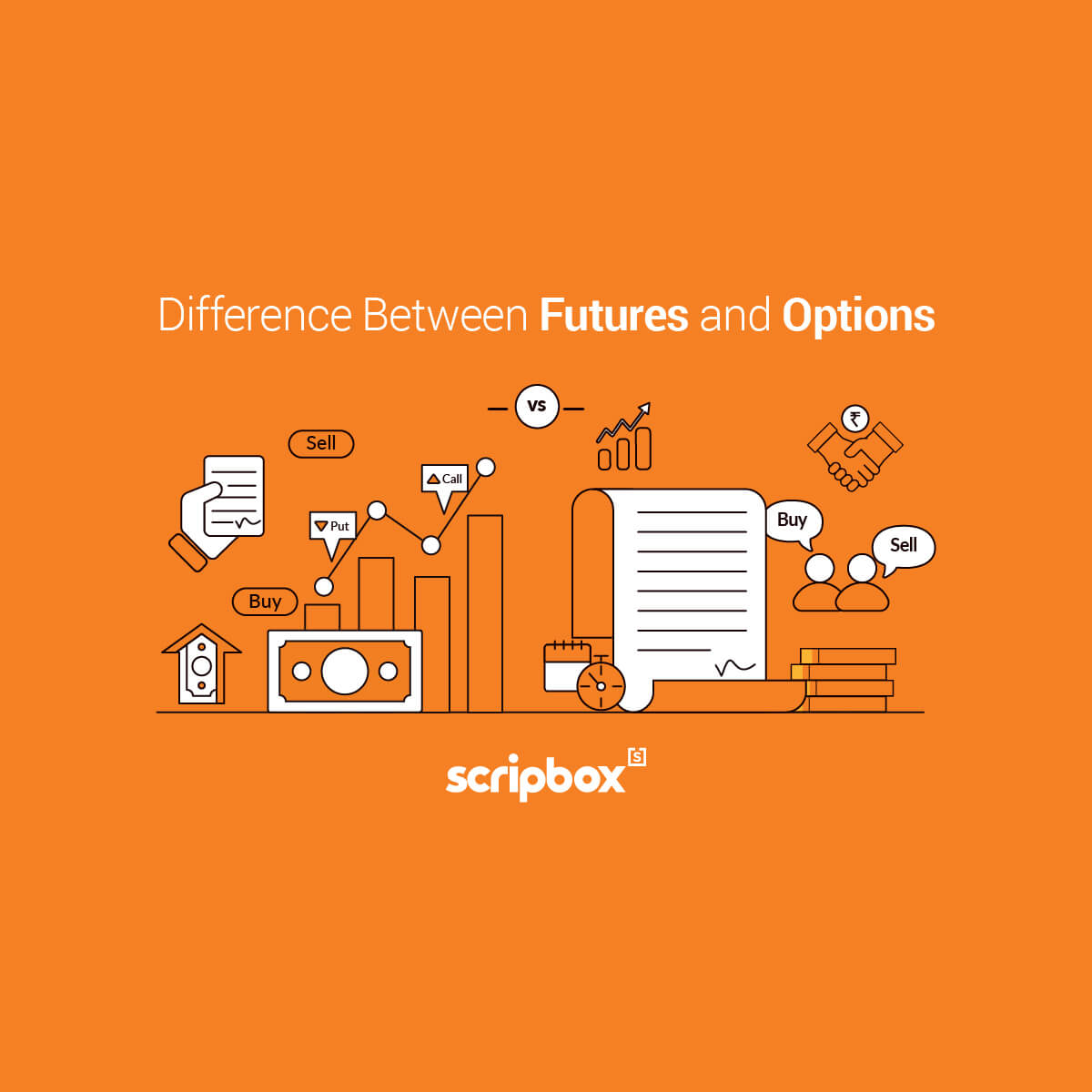
Difference Between Futures and Options
Futures and options are derivative contracts traded on a stock exchange and derive their value from the underlying asset. Usually, investors use these contracts to make a profit or hedge against the risk related to the underlying asset. Also, these...








